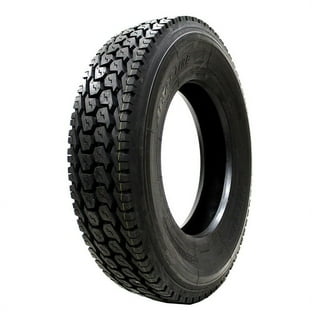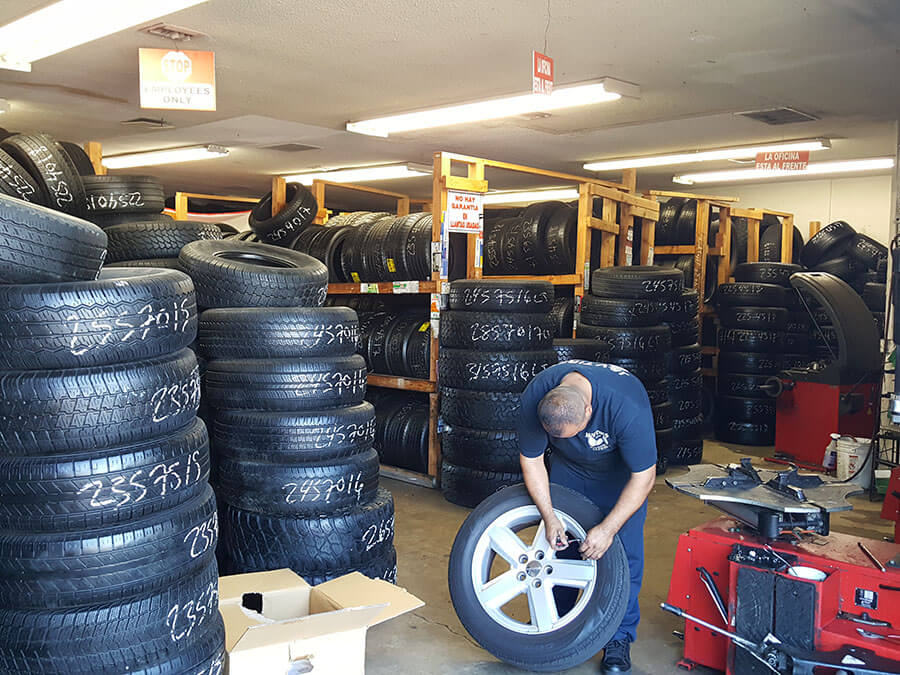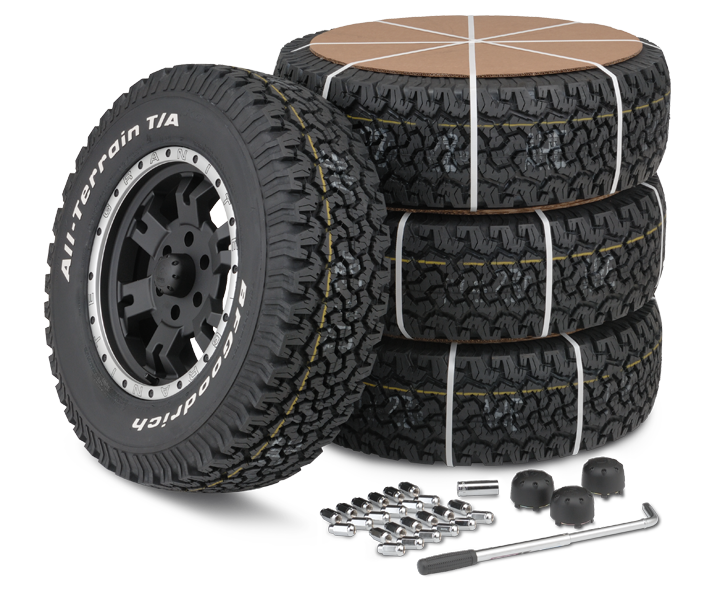Tire Service: Recognizing Tire Pressure Surveillance Equipments
Comprehending Tire Stress Monitoring Solutions (TPMS) is a crucial facet of keeping ideal vehicle efficiency and safety and security on the roadway. With improvements in automobile innovation, TPMS has actually come to be a basic function in contemporary cars, providing real-time information on tire pressure degrees.

Significance of TPMS
The importance of Tire Stress Surveillance Solutions (TPMS) depends on their ability to improve car safety and efficiency via real-time monitoring of tire pressure levels. Maintaining the proper tire pressure is vital for guaranteeing optimum handling, stopping, and overall safety of a vehicle. TPMS provides vehicle drivers with immediate comments on any type of overinflated or underinflated tires, permitting prompt modifications to be made.
Parts of TPMS
Comprising various crucial aspects, a Tire Pressure Surveillance System (TPMS) works as a sophisticated security function in modern cars. The main elements of a TPMS include sensing units, a control component, and a warning sign. Sensors are normally situated in the tire valve stem or connected to the wheel assembly, where they gauge tire pressure and transfer information to the control module. The control component processes this information and activates a caution if it discovers significantly reduced pressure in any of the tires. The warning indication, often an icon on the dashboard, signals the motorist to examine the damaged tire or tires. Some progressed TPMS versions additionally present the real tire stress analyses for each tire, providing chauffeurs with real-time info to ensure ideal tire performance and security. By keeping an eye on tire pressure constantly, TPMS assists avoid accidents, reduces tire wear, and enhances gas efficiency, making it a crucial component for automobile security and efficiency.
Sorts Of TPMS

On the various other hand, indirect TPMS depends on the automobile's wheel speed sensing units to monitor tire pressure. This system spots underinflation by comparing the rotational speeds of the wheels. Indirect TPMS is much less expensive than direct TPMS, as it uses existing sensors within the automobile.
While straight TPMS uses extra exact analyses, indirect TPMS is simpler in style and normally needs less upkeep. Both systems have their benefits and constraints, and the selection in between them frequently depends upon aspects such as cost, car make, and individual choice. Understanding the differences in between these 2 sorts of TPMS can assist automobile proprietors make notified choices pertaining to tire upkeep and security.
TPMS Upkeep Tips
Effective maintenance of TPMS is vital for making certain optimum efficiency and security of your lorry. Frequently evaluating the TPMS sensing units for any damages or rust is critical. Guarantee that the sensing units are clean and cost-free from particles that might conflict with their functioning. In addition, it is recommended to inspect the sensing unit batteries occasionally and replace them as needed to ensure accurate analyses. Conduct routine look at the why not try here tire pressure levels and contrast them with the TPMS readings to guarantee they correspond. If there are any type of inconsistencies, alter the system adhering to the producer's guidelines. Additionally, throughout tire turning or replacement, make certain that the TPMS parts are handled carefully to stop any potential damage. Last but not least, if the TPMS cautioning light brightens on the control panel, deal with the issue quickly by checking the tire pressures and the general system for any mistakes. By adhering to these upkeep ideas, you can lengthen the life expectancy of your TPMS and improve the safety and security of your driving experience.
Benefits of Proper Tire Pressure
Keeping proper tire stress, as emphasized in TPMS Maintenance Tips, is crucial for reaping the numerous advantages related to optimal tire stress levels. Among the primary advantages of maintaining the proper tire stress is boosted fuel effectiveness. When tires are effectively blown up, there is less rolling resistance, causing much better gas economic situation. In addition, correct tire stress makes certain also tire wear, prolonging the life expectancy of the tires and advertising much safer driving conditions. With the best tire pressure, cars likewise have better handling and traction, particularly in damaging weather. This can enhance overall driving performance and safety and security for the driver and travelers. Moreover, maintaining optimum tire stress can add to a smoother and extra comfortable experience by minimizing vibrations and sound caused by underinflated tires. In final thought, the advantages of proper tire stress go past simply tire long life; they include boosted gas efficiency, improved safety and security, better vehicle performance, and click to read total driving convenience.
Conclusion
In conclusion, recognizing tire pressure monitoring systems (TPMS) is vital for preserving optimal tire pressure and making sure car safety. By recognizing the significance of TPMS, knowing with its parts, recognizing the various kinds readily available, adhering to appropriate upkeep pointers, and understanding the benefits of preserving appropriate tire stress, chauffeurs can improve their driving experience and prolong the life expectancy of their tires. Correct tire pressure is vital to risk-free and effective automobile visit here procedure.
